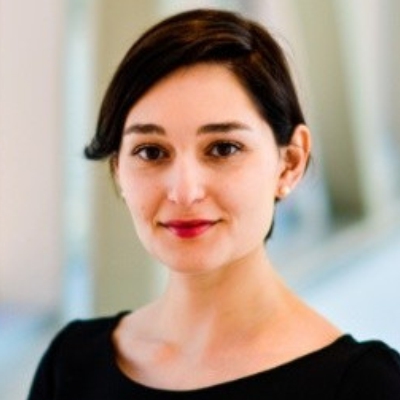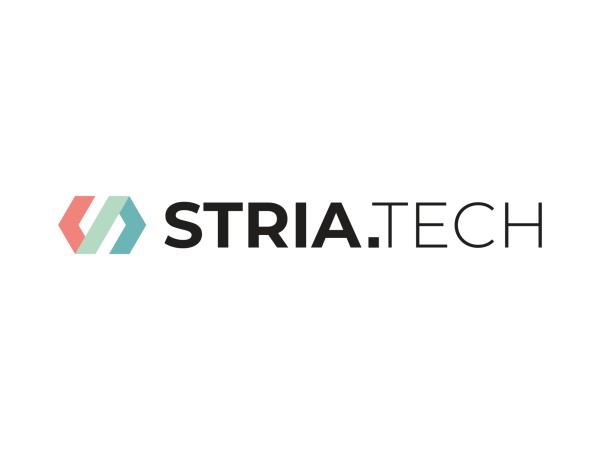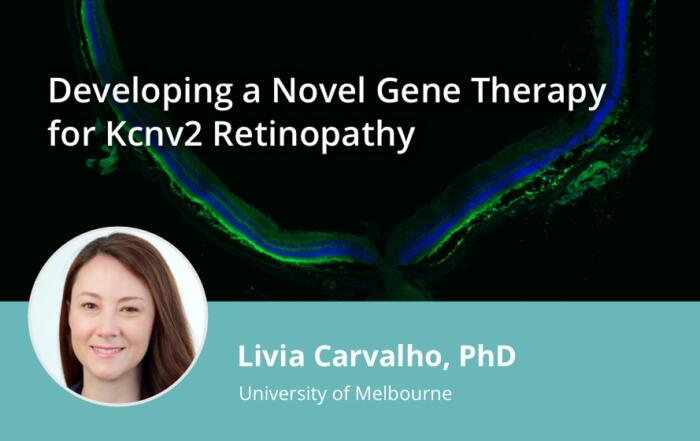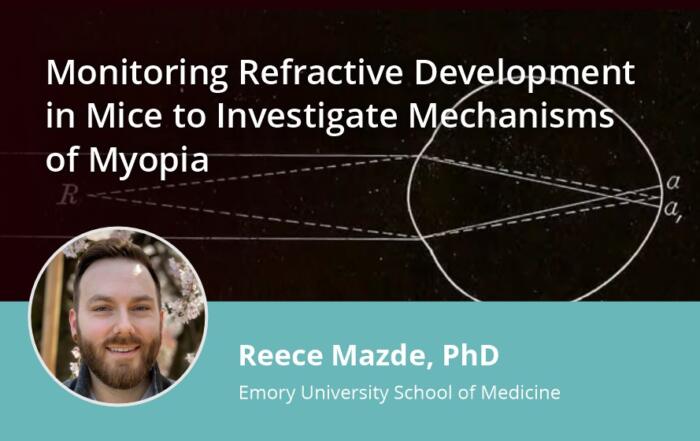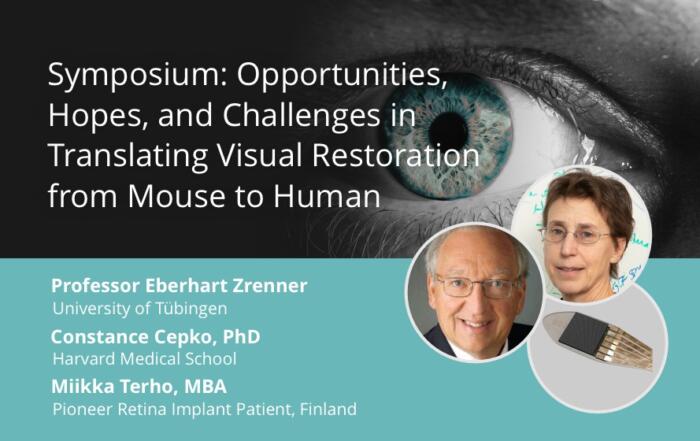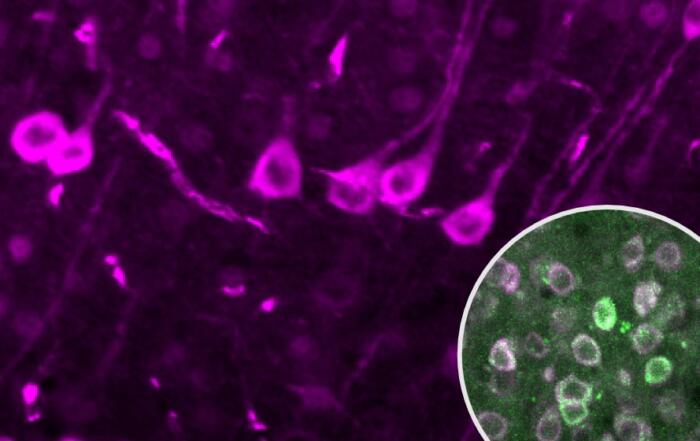Catherine Argyriou, PhD, discusses peroxisome disease and the development of a retinal gene therapy for PEX1-mediated Zellweger Spectrum Disorder.
This webinar provides background on peroxisomal disorders and the PEX1-G844D mouse model for mild Zellweger Spectrum Disorder, which presents with retinal degeneration and vision loss. Dr. Argyriou describes how her team used AAV8-mediated gene delivery to robustly and durably improve functional vision, retinal response, retinal structure, and biochemical metabolites in ZSD mice. Techniques used include subretinal injection, ERG, optomotor testing, histology, immunohistochemistry, and LC-MSMS. AAV vector design and validation are also discussed. This work attracted venture capital investment and is now ready to enter the clinical translation phase.
Key Topics Include:
- Introduction to peroxisome disease and the PEX1-G844D mouse model
- Application of PEX1 gene augmentation to improve retinal structure and function in transgenic mice
- Preclinical steps in retinal gene therapy development for rare disease
- Categories: Genetics & Genomics, Neuroscience, Vision Research
- Tags: gene therapy, retinal degeneration, rodent model
Resources
Presenters
Catherine Argyriou, PhD
Postdoctoral Fellow
Human Genetics
McGill University
Catherine’s research centers on developing drugs and gene therapies for rare disease, with a focus on retinal gene therapy to improve vision in peroxisome disorders (PBD-ZSD). She has extensive experience forming and maintaining academic and industrial collaborations, coordinating multiple project arms, directly supervising and training students/employees, and fostering relationships with patient networks.
Webinar Host
Striatech
Striatech is a young biotech company that spun off from the University of Tübingen, Germany, at the beginning of 2018. The founders – a team of neurobiologists – are all experienced vision researchers and have made it their common goal to make innovative ideas and products from vision and behavioral research accessible to scientists worldwide.
Additional Content From Striatech
Developing a Novel Gene Therapy for Kcnv2 Retinopathy
Livia Carvalho, PhD discusses her team's successful development of a novel AAV-based gene therapy approach for KCNV2 retinopathy in a Kv8.2 knockout mouse model.
Monitoring Refractive Development in Mice to Investigate Mechanisms of Myopia
Reece Mazade, PhD demonstrates the usefulness and feasibility of refractive error measurements in mice and discusses mechanisms of refractive development enabled through application of an automated Photorefractor.
Symposium: Opportunities, Hopes, and Challenges in Translating Visual Restoration from Mouse to Human
Striatech celebrates its 5th anniversary with a top-class Symposium on the topic of translating visual restoration from mouse to human.
Related Content
Spatiotemporal Dynamics of Calcium and Neurotransmitters in Awake Mouse Models of Epilepsy
In this webinar, Dr. Vincent Magloire and Dr. Ken Berglund present their work on the spatiotemporal dynamics of neurotransmitter and calcium imaging during seizure evolution in awake head-fixed mice and models of epilepsy.
Functional Ultrasound Neuroimaging: Principles, Applications, & Perspectives
Dr. Mickael Tanter presents his work on functional ultrasound neuroimaging, including an overview and translation to clinical applications.
Updates in Chronic Traumatic Encephalopathy (CTE)
Dr. Ann McKee will describe the emergence of chronic traumatic encephalopathy (CTE) as a distinct disease over the past 20 years.
